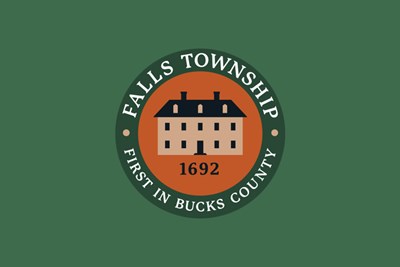With an eye on being as fiscally responsible as possible, the Falls Township Board of Supervisors selected a financing option for the municipal building renovations that will save the township $5.9 million over 10 years.
Following a presentation from Christopher Gibbons, Concord Public Financial Advisors, Inc. founder and principal, the governing body on Monday unanimously approved authorizing advertisement of an ordinance, that, once adopted, would award a 10-year bond to cover the building upgrades. The board would consider awarding the bond at its May 22 meeting.
Gibbons provided an overview of his analysis, which included a cost estimate for a bank loan versus a bond issue. The bond market debt service, Gibbons determined, would cost $3.2 million less than bank loan financing.
Falls will realize an additional $2.7 million in savings by using $15 million of the $23 million in its general fund to cover approximately 50 percent of the costs. The savings will result from lower interest costs during the 10-year term as compared to borrowing the full amount of the projected cost, according to Gibbons. Since the debt service would be about half of what it would otherwise be, it would put “less of a strain on the budget.”
Falls Township Finance Director Betsy Reukauf, as well as Supervisor Chairman Jeff Dence and township attorney Mike Clarke said supplementing the amount to be borrowed with funds on hand was the preferred option. Supervisor Erin Mullen was absent.
Construction is expected to get underway later this year and continue through the end of 2024.
In related business, the Supervisors adopted an amendment to its responsible contractor ordinance as a precursor to the impending municipal building construction.
Clarke said the change is meant to close a “loophole” following a legal challenge in another municipality. The change requires that the construction manager or lead contractor responsible for the project “shall ensure that at least 70 percent of the craft labor workforce shall be comprised of either journeyperson, workers who have successfully completed an apprenticeship training program registered with and approved by the U.S. Department of Labor or a state apprenticeship agency or registered apprentices currently enrolled in such programs.”
As previously written, the ordinance did not indicate how many trained employees were required to be on the jobsite. Because of that, the ordinance had been “exploited by certain contractors,” Clarke said.

